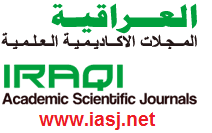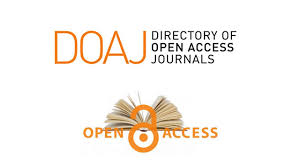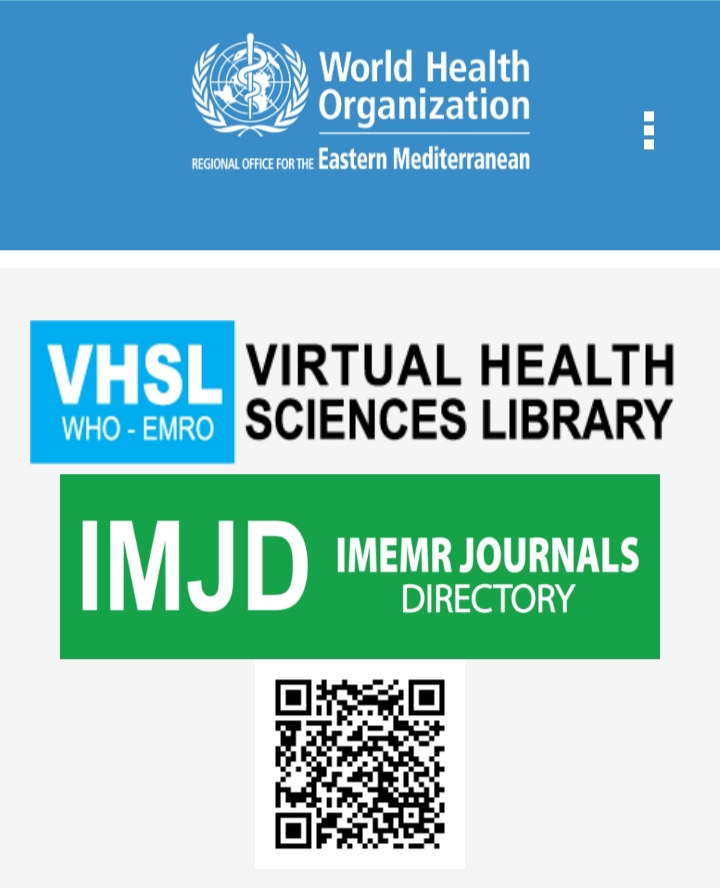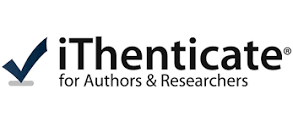Editorial board participation
Roles and responsibilities
The responsibilities of the RDENTJ Editorial Board are the following:
1- Suggest qualified reviewers specialized in relevant fields to assess research submissions for publication.
2-Formulate the journal's Annual Scientific Plan, establish its strategic direction, and conduct regular evaluations.
3- Adopt the journal's publication frequency (monthly, quarterly, semi-annually, or annually) based on thorough statistics and justified considerations
4- Provide opinions on various scientific issues and address complaints about research ethics and scholarly publication, write commentaries, columns, or features, and attend board meetings.
5-Conduct a final review of accepted research within their field of expertise, ensuring compliance with ethical research standards, COPE (Committee on Publication Ethics) guidelines, and the journal's publication rules. This includes overseeing necessary amendments and coordinating with the editor-in-chief.
6-Evaluate research within their domain of specialization as part of their editorial responsibilities, and whether those decisions are final or subject to approval by another editor.
Based on COPE guidance
- Participation in multiple boards
Participating in the editorial boards of multiple journals that have similar aims and scope, and thus compete for the same content, has the potential to generate conflicts of interest (CoIs) or conflicts of roles, commitments, and loyalties. So that when an editor has decision-making authority at two or more journals competing for the same manuscripts, they could be an editor accepting an invitation from a competing journal to be a guest editor for an initiative that could be published in the editor’s current journal. If present, the RDENTJ editor-in-chief should preclude an editor from joining the final decision for manuscript acceptance in a specific subject for more than one major journal in the same field, or result in an editor’s removal if not resolved.
- Declarations of interests
The RDENTJ asked potential editorial board members to provide a list of their potential conflicts of interest (CoIs). The list should include the potential board member’s other commitments and roles involving journals, books, and societies that produce publications (eg, membership of publication oversight committees). For their part, researchers who respond to an invitation to join an editorial board should declare potential CoIs, including any concurrent editorships and editorial board memberships. Researchers should also disclose any CoIs that arise during their appointment.







